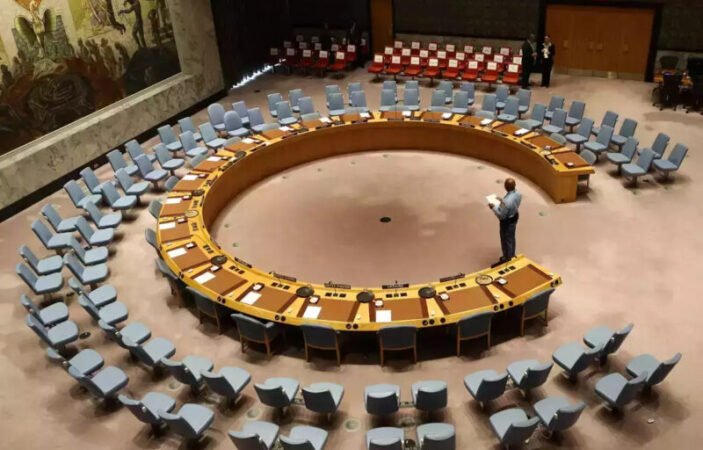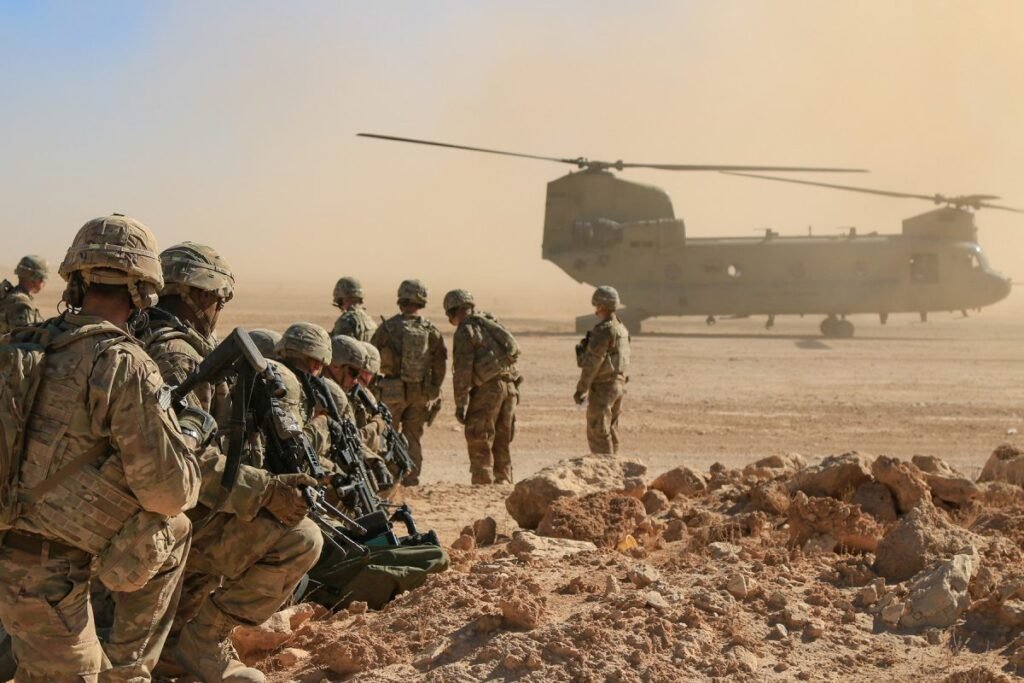Is Counter-Terror Diplomacy Real?

When it comes to the entire ideation of the United States (US war )’s on terror,” which was a counterterrorism strategy developed by Washington DC and supported by the entire world in the wake of 9/11, August 2021 changed several narratives. Twenty years later, the Taliban returned to Kabul, and the world is still at odds about how to respond to the extremist group retaking power in Afghanistan.
India became the head of the UN Security Council Counter-Terrorism Committee in January 2022. The position affords India a fantastic platform to highlight the cross-border terrorism it has experienced over the years, most of which has been consistently identified as an act of Pakistani state policy. However, since Islamabad itself evolved into a crucial “ally” for the US in its fight against al-Qaeda, these ideas have mostly fallen on deaf ears. This is despite the fact that Osama Bin Laden, the leader of al-Qaeda and the mastermind behind 9/11, was captured and killed by the US in Abbottabad, Pakistan, just a short distance from the nation’s military apparatus.
The UNSC-special CTC session last month, which was held in Mumbai and New Delhi and focused on new and emerging technologies, was hosted by India. This was just one of several activities the Indian government has planned to help advance its counterterrorism diplomacy. The third iteration of the “No Money For Terror” (NMFT) conference, which will address potential new avenues for financing terrorism, will take place in New Delhi later this month. Additionally, India will convene a special briefing on the “Global Counter-Terrorism Architecture,” looking at the challenges ahead, in December, when it assumes the United Nations Security Council Presidency for the final time before its two-year term in the Council comes to an end.
Even while the focus is on the future of the war against terrorism, it’s necessary to consider some of the obstacles that are already in place, particularly at a time when the European conflict, coping with COVID-19’s fallout, and the global economic recession are dominating headlines.

There are various challenges to the campaign on Global War On Terrorism. The foundation of GWOT was an unequal campaign. GWOT was conceived by the post-9/11 United States as negotiations were made with the Taliban to make an exit from Afghanistan. But India had asked for similar help to deal with the IC-814 hijacking (December 1999) less than two years prior to the 9/11 attacks. The Indian government was forced to release the terrorists. Pakistan was removed from the Financial Action Task Force (FATF grey)’s list in October 2021, showing that the desire for the international community to punish Pakistan for its support of terrorism has subsided. This was actually the largest amount of international cooperation India received.
Emerging technologies and the weaponization of numerous diverse mechanisms for terrorist aims present additional challenges. Currently, drones are used to transfer money, drugs, ammunition, weapons, and even homemade explosive devices. Concerns over the use of biowarfare and Gain of Function (GoF) research to alter viruses and vectors that could be introduced into targeted populations have intensified since the COVID-19 epidemic. The deployment of robotic warriors and artificial intelligence (AI) technologies makes it considerably simpler to carry out mass attacks while remaining undetected in a future that is already here. Bitcoin and cryptocurrency are used in terrorism financing, and social media, the dark web, and even gaming facilities are used in terrorism communications. Unless there is a global consensus on regulating the use of these emergent technologies by all responsible states, it will be very difficult to distinguish their use from those by designated terror entities.
Global inequity, food and energy shortages, climate change and pandemics shall be the next big drivers of strife and violence in the world. Currently, global stakeholders are distracted by territorial disputes and political differences. Future terrorist attacks will become more deadly. The nations must shift the global narrative away from fighting the “final war” on terrorism and toward preparing for the coming conflicts.


















